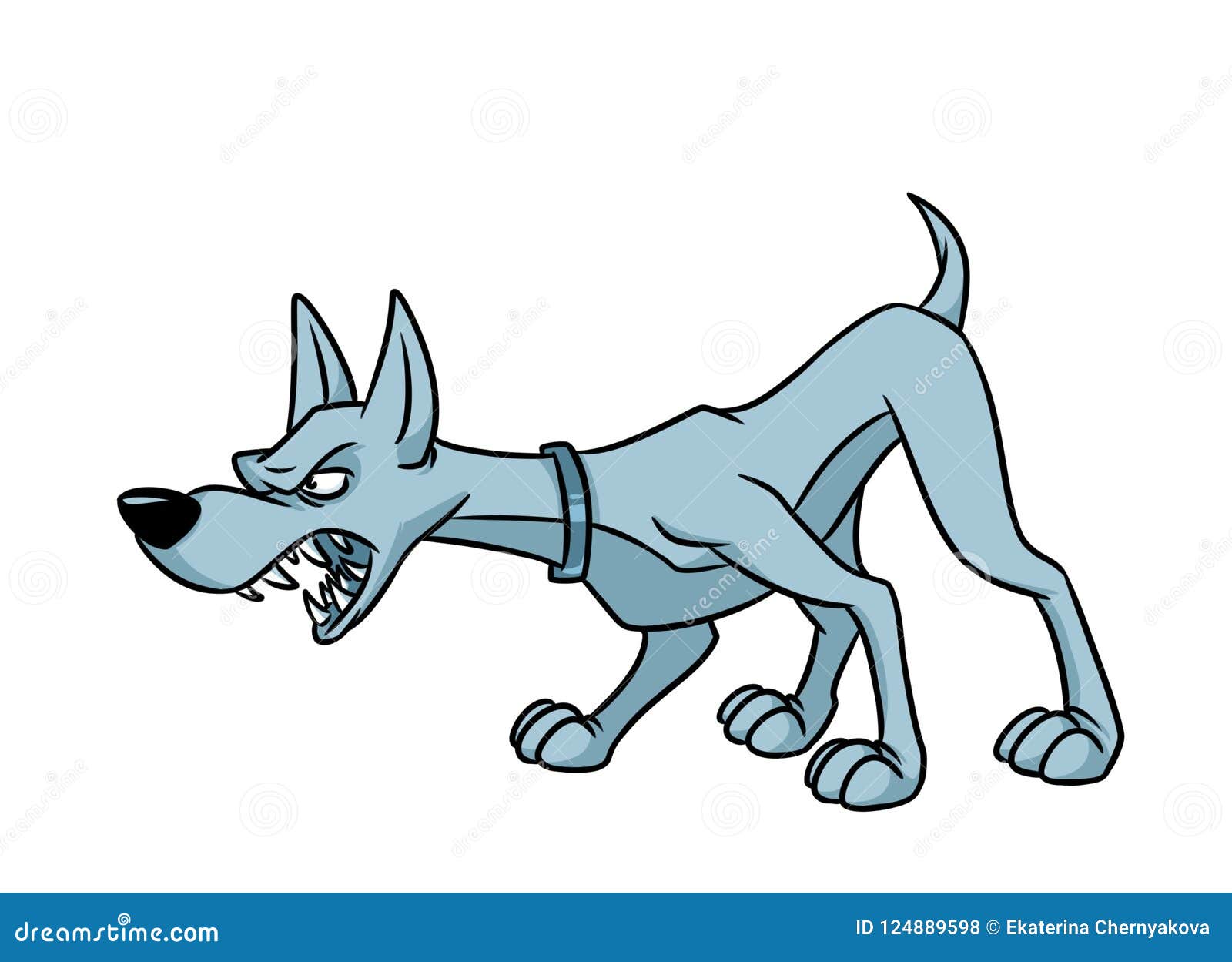Dogs are not just animals; they are beloved companions who bring joy and warmth to our lives. However, when dogs exhibit signs of anger, it can be concerning for pet owners. Sault dog anger refers to the behavioral issues in dogs that stem from frustration, fear, or territorial instincts. Understanding and addressing these emotions is crucial for fostering a harmonious relationship with your pet.
Whether you are a new or experienced dog owner, recognizing the signs of anger in your dog can help prevent potential conflicts. Sault dog anger can manifest in various forms, including growling, snapping, or even biting. By learning about the causes and solutions, you can ensure the safety of both your dog and those around it.
In this comprehensive guide, we will explore the root causes of sault dog anger, provide actionable tips for managing it, and offer expert advice to help you build a stronger bond with your furry friend. Let's dive in!
Read also:Brooke Henderson Relationship Exploring The Personal Life Of A Golf Legend
Table of Contents
- Biography of Sault Dog Anger
- Understanding Sault Dog Anger
- Signs of Anger in Dogs
- Causes of Sault Dog Anger
- Managing Sault Dog Anger
- Training Techniques for Angry Dogs
- When to Seek Professional Help
- Preventing Sault Dog Anger
- Resources for Dog Owners
- Conclusion and Call to Action
Biography of Sault Dog Anger
While "Sault Dog Anger" is not a specific breed or individual dog, it refers to the behavioral patterns observed in dogs that exhibit anger or aggression. Understanding the background of this issue can help pet owners address it effectively.
General Information
Dogs, like humans, have emotions and can experience anger due to various triggers. Below is a table summarizing key information about sault dog anger:
| Aspect | Details |
|---|---|
| Breed | Can occur in any breed |
| Age | More common in untrained or stressed dogs |
| Gender | Both male and female dogs can display anger |
| Causes | Can stem from fear, territorial instincts, or lack of socialization |
Understanding Sault Dog Anger
To effectively manage sault dog anger, it is essential to understand its nature and origins. Anger in dogs is not necessarily malicious but rather a reaction to perceived threats or stressors.
Key Points to Consider
- Anger in dogs is often a result of unmet needs or unresolved issues.
- Proper training and socialization can significantly reduce the likelihood of anger-related behaviors.
- Understanding the triggers of sault dog anger can help in creating a safer environment for both the dog and its owners.
Signs of Anger in Dogs
Recognizing the signs of anger in dogs is the first step toward addressing the issue. Below are some common indicators:
- Growling or barking aggressively
- Baring teeth or snapping
- Stiff body posture
- Hard, unblinking stare
By being aware of these signs, you can intervene before the situation escalates.
Causes of Sault Dog Anger
Sault dog anger can stem from a variety of factors, including:
Read also:Meghan Trainor And Boyfriend A Closer Look At Love Music And Life
- Fear: Dogs may become aggressive when they feel threatened or scared.
- Territoriality: Some dogs react angrily to perceived intrusions into their space.
- Pain or Illness: Physical discomfort can lead to irritability and anger.
- Lack of Socialization: Dogs that have not been properly socialized may struggle with anger issues.
Addressing these underlying causes is critical for resolving anger-related behaviors.
Managing Sault Dog Anger
Managing sault dog anger requires patience, consistency, and a proactive approach. Here are some strategies to consider:
Positive Reinforcement
Using positive reinforcement techniques, such as rewarding good behavior, can encourage your dog to replace angry reactions with positive ones.
Creating a Safe Environment
Ensure your dog has a comfortable and secure space where it can retreat when feeling overwhelmed.
Training Techniques for Angry Dogs
Training is a powerful tool for addressing sault dog anger. Below are some effective techniques:
- Desensitization: Gradually expose your dog to triggers in a controlled manner to reduce fear and aggression.
- Counter-Conditioning: Teach your dog to associate triggers with positive experiences.
- Obedience Training: Reinforce basic commands to enhance control and communication.
When to Seek Professional Help
In some cases, professional intervention may be necessary. Consider consulting a certified dog behaviorist or trainer if:
- Your dog's anger is severe or persistent.
- You are unable to manage the behavior on your own.
- The safety of people or other animals is at risk.
Professionals can provide personalized guidance and support to address sault dog anger effectively.
Preventing Sault Dog Anger
Prevention is key to avoiding anger-related issues in dogs. Here are some preventive measures:
- Ensure your dog receives adequate exercise and mental stimulation.
- Provide proper socialization opportunities from a young age.
- Address any health issues promptly to prevent pain-related anger.
By taking these steps, you can create a harmonious environment for your dog.
Resources for Dog Owners
There are numerous resources available to help dog owners manage sault dog anger:
- Books and online courses on dog behavior and training.
- Local dog training classes and workshops.
- Online forums and communities for sharing experiences and advice.
Utilizing these resources can enhance your understanding and ability to address anger-related issues.
Conclusion and Call to Action
Sault dog anger is a complex issue that requires attention and care. By understanding the causes, recognizing the signs, and implementing effective management strategies, you can help your dog overcome anger-related behaviors. Remember, patience and consistency are key to success.
We encourage you to share your thoughts and experiences in the comments section below. Additionally, feel free to explore other articles on our website for more tips and advice on pet care. Together, we can create a better world for our furry friends!
Data Sources: ASPCA, American Kennel Club, UC Davis Veterinary Medicine.


